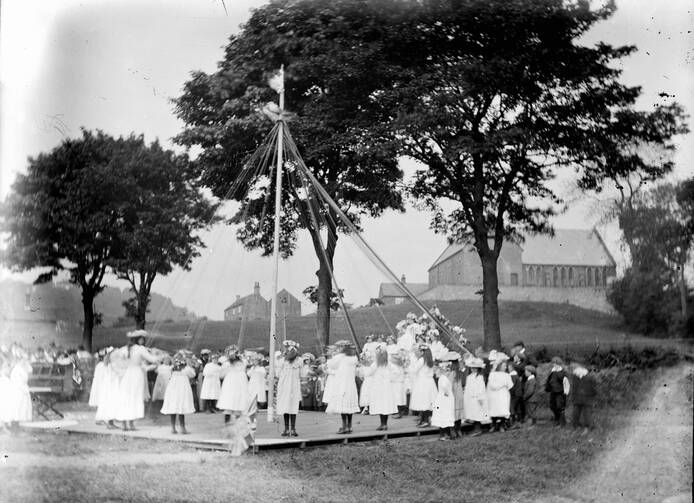A Reflection for Wednesday of the Fifth Week of Easter
“Where did this man get such wisdom and mighty deeds? Is he not the carpenter’s son?” (Mt13:54-5)
While studying abroad in 1978, I emerged from the train station in Rome one morning to take the bus back to my dorm and met a perplexing sight: Nothing. Not a single green bus anywhere, just a vast emptiness where buses usually waited. It looked like the set of an apocalyptic movie. That’s when this American learned that May 1 is an important workers’ holiday for the rest of the world. It’s called May Day, and nobody works. (Well, except the random obliging cab driver.)
Pope Pius XII established the church’s May 1 feast day of St. Joseph the Worker in 1955, perhaps in a bid to take the date back from the communists, or rather, from the “international federation of socialist groups and trade unions” (I looked it up) who established May Day in 1889 in support of workers.
St. Joseph, the human father of Jesus, is hardly a central character in the stories of the life of Jesus. But when he is mentioned, he is a quiet presence, steady, reliable, hard-working, moral, faithful. St. Joseph the Worker models the people we are called to be: People who work for the well-being of others. People who stand on principle. People who protect their loved ones. People who labor without recognition, who support others from behind, who keep their heads down, who expect no fanfare for doing their job and who “over all these things put on love,” as today’s optional reading from the letter to the Colossians urges us to do.
That is what’s expected of us, God’s workers. I think of the murals in the Cathedral of Our Lady of the Angels in Los Angeles, which depict many well-known saints, but especially moving are the anonymous, unknown ‘saints’ who are interspersed among the famous ones. We probably know those saints in our own lives: folks we consider holy and good but who are ordinary and uncelebrated. Like Jesus in today’s Gospel, the everyday saints are often not revered in their own neighborhoods. They may just be the guy down the street, “the carpenter’s son.” We might keep in mind that the unimpressive carpenter whom the residents of his hometown deem unlikely to produce a child of “such wisdom and mighty deeds” is St. Joseph the Worker.
Today we pray for the workers among us. The people who run our parishes and teach our children and nurse our illnesses and grow our food and build our bridges and write our poetry and enact our laws and everyday do the things that make our struggling world more livable are the workers. We cherish them. The Kingdom of God needs them. Just as the work of God needs each one of us.








